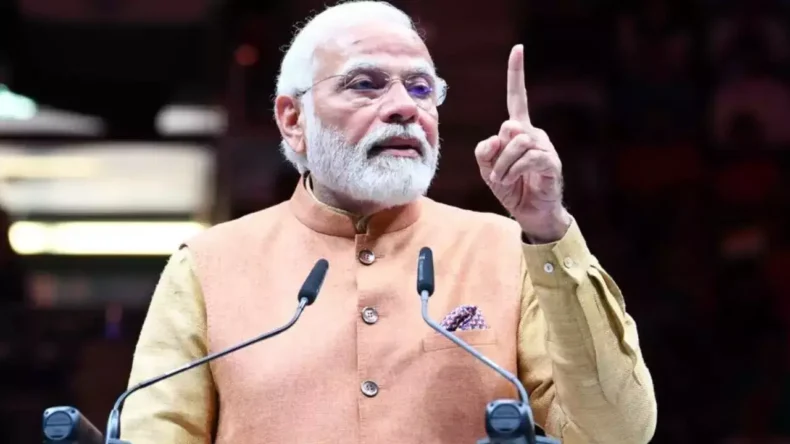On the eve of the 48th anniversary of the Emergency, Indian Prime Minister Narendra Modi took to social media to reflect on the nation’s most challenging period in recent history. The Emergency, which lasted from June 25, 1975, to March 21, 1977, was a time of curtailed civil liberties, suppression of dissent, and the centralization of power. In his reflections, Prime Minister Modi reminded the nation of the importance of preserving democracy, upholding individual freedoms, and learning from the mistakes of the past.
Different Perspectives of Leaders on Emergency
The Prime Minister described the 21 months as an unforgettable chapter in history, completely contradictory to the values upheld by the Constitution.
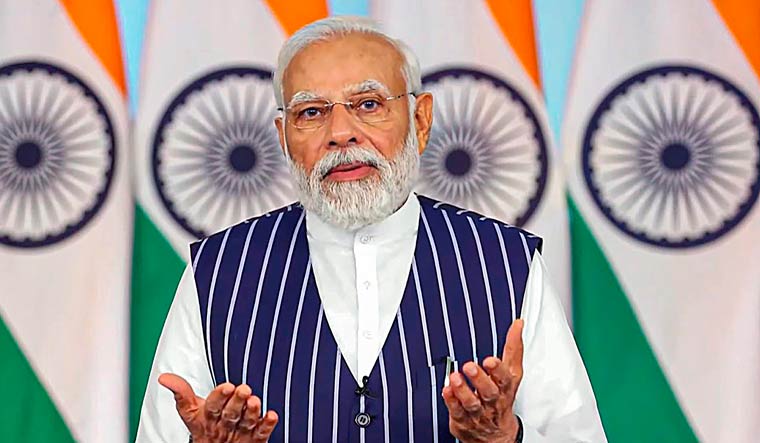
He expressed his admiration for the courageous people who opposed the Emergency and contributed to the enhancement of democracy. The Prime Minister’s party, the Bharatiya Janata Party, shared a poster featuring Indira Gandhi’s face, labelling it as the darkest chapter of Indian democracy. Union Minister Smriti Irani tweeted a video highlighting the events leading to the Emergency and alleged brutalities committed by the Congress government, including the suppression of press freedom and interference with the judiciary. Union Minister Hardeep Singh Puri shared a two-minute clip from the Prime Minister’s radio program, ‘Mann Ki Baat,’ discussing the alleged atrocities against democracy supporters during that time.
Background of 1975’s Emergency
The 1975 Emergency was a period of authoritarian rule in India from 1975 to 1977. It was declared by the then Prime Minister, Indira Gandhi, who cited internal political turmoil and threat to national security as justifications.
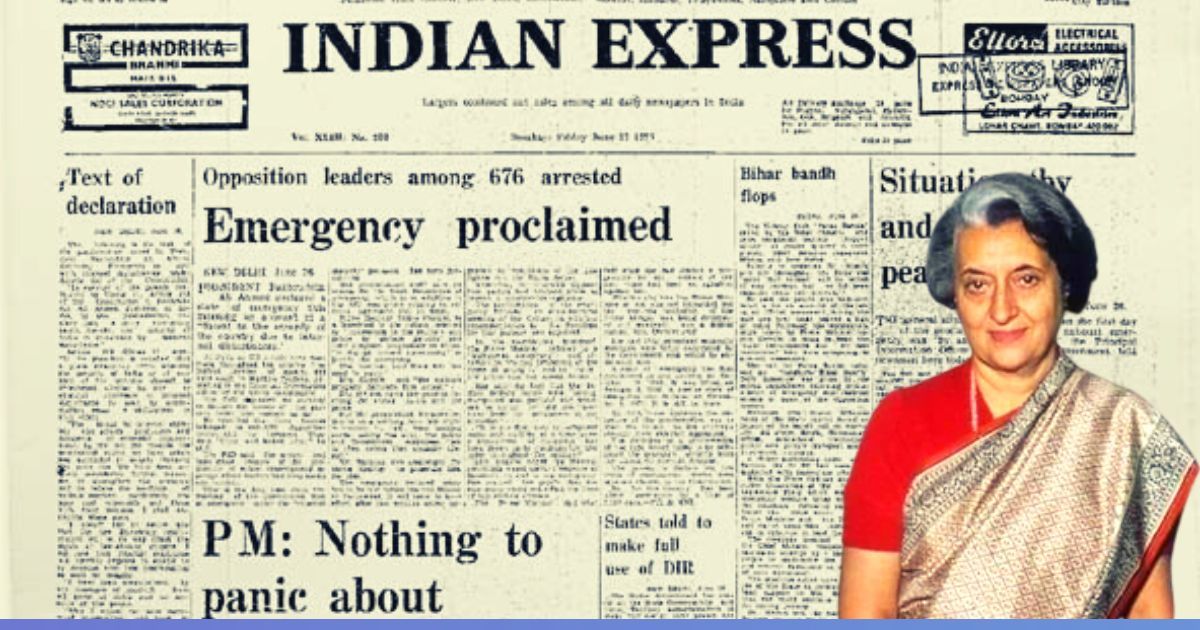
During this period, civil liberties and democratic rights were curtailed, and the government imposed strict censorship on the media. Opposition leaders and activists were arrested and detained without trial, and the press faced severe restrictions.
The Emergency was marked by the suspension of constitutional rights, with dissenting voices suppressed and political opposition weakened. Indira Gandhi’s government carried out mass sterilization campaigns and forcibly evicted slum dwellers, leading to widespread human rights abuses. The period witnessed protests and resistance movements across the country, with the youth, students, and political activists organizing rallies and demonstrations demanding the restoration of democracy.
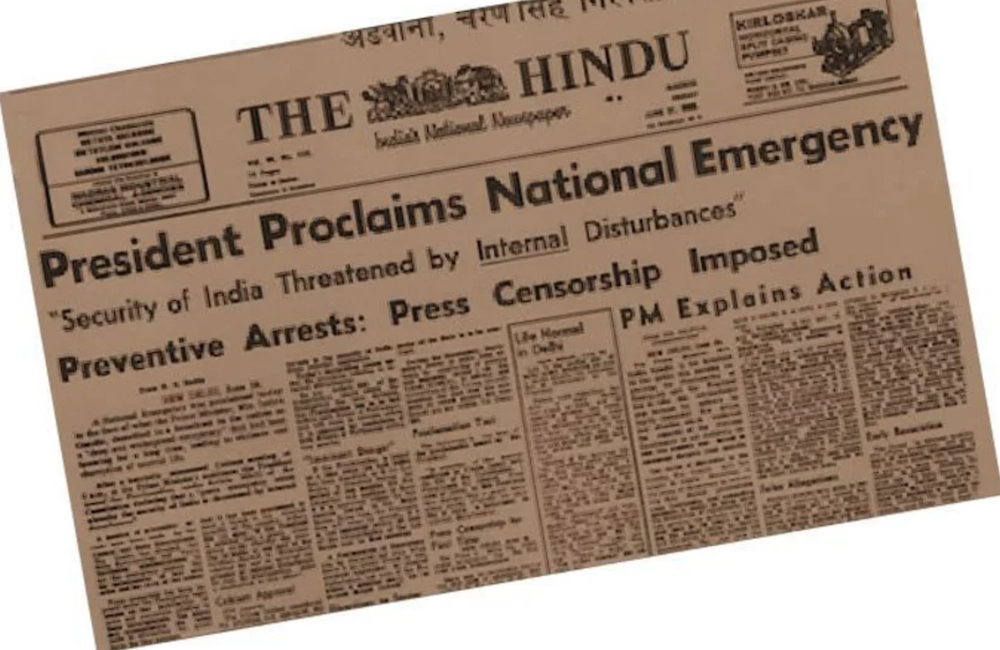
The Emergency ended in 1977 when Indira Gandhi called for fresh elections, which resulted in her party’s defeat and the formation of a new government. The Emergency remains a significant chapter in India’s political history, symbolizing the fragility of democratic institutions and the importance of safeguarding civil liberties.
An emergency provision in Indian Constitution
The Indian Constitution provides for emergency provisions to deal with exceptional circumstances that may arise within the country. These provisions are outlined in Part XVIII (Articles 352 to 360) of the Constitution. The emergency provisions grant extraordinary powers to the central government to maintain the integrity, security, and stability of the nation.
Three types of emergencies are mentioned in the Indian Constitution:
National Emergency (Article 352): Article 352 of the Indian constitution allows for the declaration of a national emergency in the event of a threat to the security of India or any of its regions due to war, external aggression, or armed rebellion. The President of India has the authority to proclaim a national emergency, which empowers the central government to assume a greater degree of control over the governance of the country.
President’s Rule (Article 356): This provision allows the President to impose President’s Rule or State Emergency in a state if there is a failure of the constitutional machinery in that state. The state government is then temporarily brought under the direct control of the President, with the governor acting as the representative of the President.
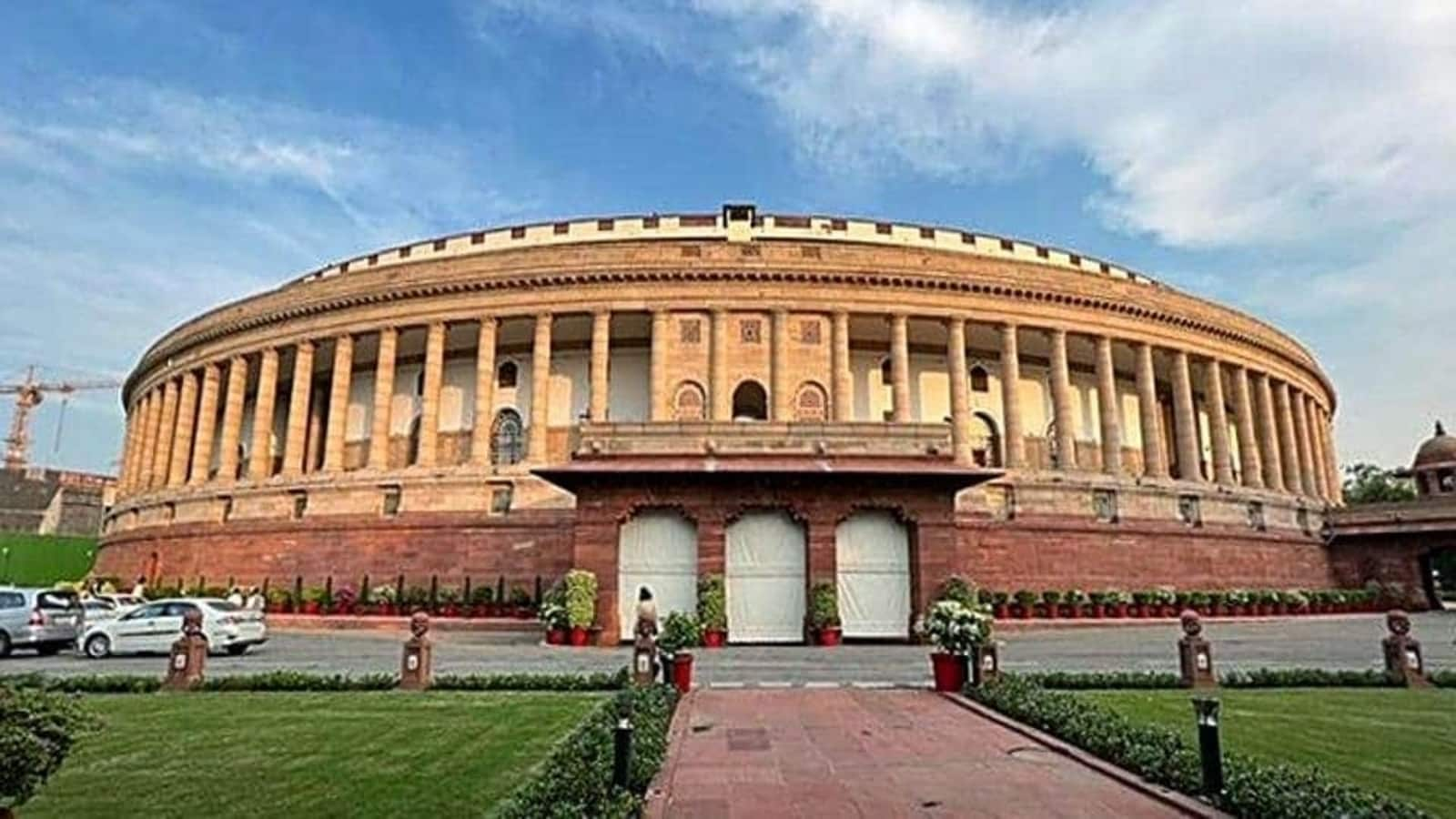
Financial Emergency (Article 360): In the event of a threat to the financial stability of India or any part thereof, the President can declare a financial emergency. This provision empowers the central government to assume control over the financial matters of the country and gives it authority to issue directions to the states regarding financial matters.
It is important to note that these emergency provisions are temporary and subject to certain constitutional safeguards. They should be used sparingly and only when the situation warrants such extraordinary measures. The Constitution also ensures that fundamental rights cannot be suspended during a national emergency, with a few exceptions.
The emergency provisions in the Indian Constitution serve as a safety valve to tackle situations that pose a threat to the sovereignty, unity, and stability of the nation. However, they must be exercised judiciously and with the utmost respect for democratic principles and the fundamental rights of citizens.







